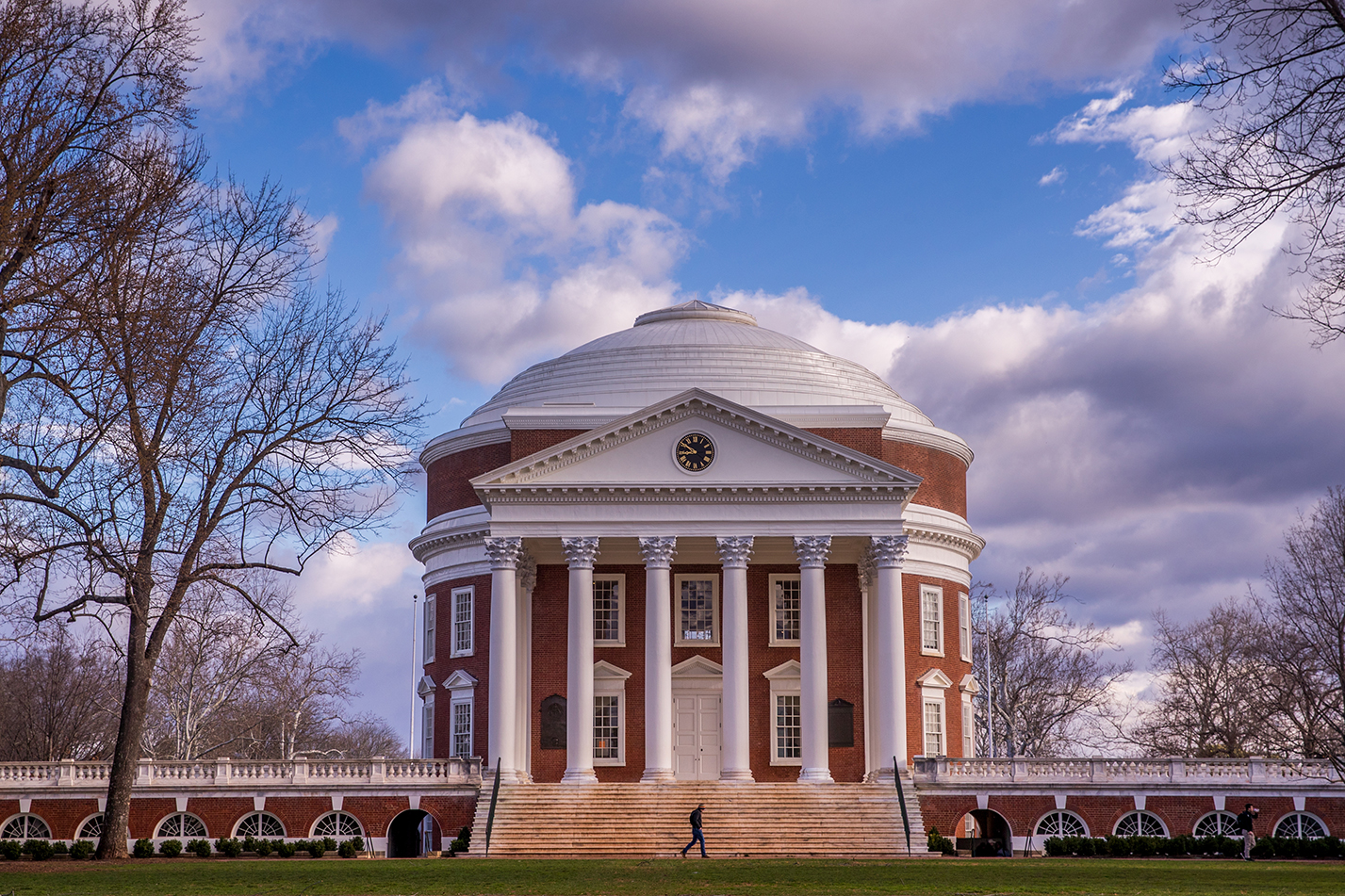
The United States Declaration of Independence proclaimed “all men are created equal.” However, from the country’s earliest days, some Americans found that this promise of equality did not apply to them, either in theory or in practice. This course explores the various inequalities – economic, racial, gender, and sexual, among others – that have defined the American experience. The existence of these inequalities, both legal and informal, has both undermined the American promise of equality and opportunity for some and enabled prosperity and the “American Dream” for others. This course will examine this paradox from an interdisciplinary, historical perspective with an eye towards understanding the state of American inequality today. As participants in “America Unequal,” you will critically examine your individual American experience in relation to both the different experiences of others and the historical and social forces that shape all our experiences, albeit in different ways. In doing so, you will consider the meaning(s) of “equality,” as well as related ideas such as “fairness” and “opportunity,” and consider the ways in which our ideas about equality have aligned and conflicted with the reality of the American experience for various categories of people. Additionally, you will consider how the categories that shape our experiences are themselves socially constructed and historically contingent. “America Unequal” challenges you to consider the implications of inequality in both the public and private spheres, including the workplace, the home, the courtroom, and the voting booth. In doing so, you will examine how our individual actions and public polices have both enabled and constrained the ideal of equality as expressed in the Declaration, as well as how both culture and policy have changed over time and by what means. Finally, you will be asked to examine remaining barriers to equality for all and how they might be removed in service of creating, in words of the Constitution’s preamble, “a more perfect union.”
